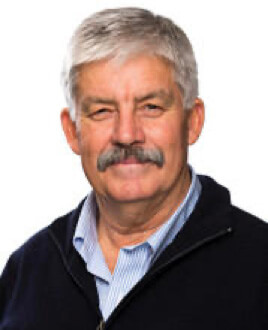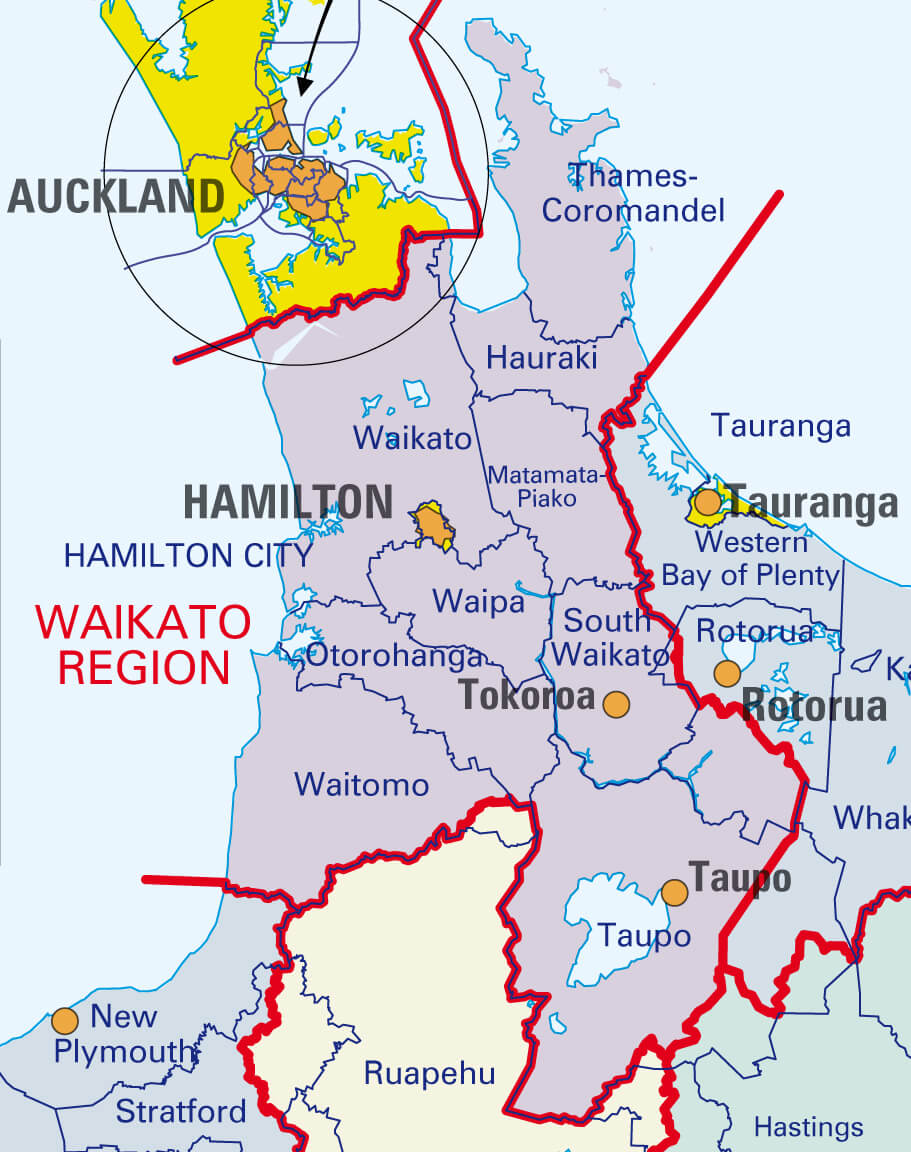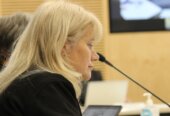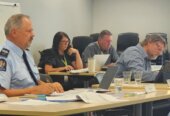An amalgamation discussion right now could be short and pretty one sided in Waikato.
A snap survey of Waikato’s civic leaders suggested the most do not buy into Waikato Chamber of Commerce head Don Good’s call that it’s time to discuss the existing local body political boundaries.

Don Good
The News reported last week that one mayor – Waitomo’s John Robertson had already put his stake in the sand – but of a dozen leaders asked, he was only one of four to respond by the time we went to print.
Two said it would be inappropriate to comment.
“The councils in our region already work collaboratively. Amalgamation isn’t something that our council has discussed, so I feel it inappropriate to comment any further,” Matamata-Piako’s Andrene Wilcock told The News.
“It’s not a topic that has been raised or discussed with our councillors or our community and it would be inappropriate for me to make a comment on the subject at this time,” Thames Coromandel’s Les Salt said.
South Waikato’s Gary Petley was prepared to talk about an issue not discussed by his council.
“Amalgamation is not out of the question – if it can be shown to have benefits for our communities and – if there is an appetite for amalgamation from our community and ratepayers,” he said.
“Debt levels of neighbouring councils would need to be considered so as not to unnecessarily burden our own ratepayers. But it’s not just about finances and efficiencies. We must ensure that our communities’ interests are aligned.
“Amalgamation can challenge a communities’ inherent sense of place and interest. Business cases for amalgamation must extend beyond simply bolting council’s together. This alone won’t realise financial benefits. Councils and communities will still need to do the hard work of rationalising facilities, staffing and service levels. Most communities have little tolerance for losing their local library or pool for example.”

The Greater Waikato today – are the lines wearing thin after 35 years?
Robertson said he didn’t have views on other areas – just the two smallest in the region – Ōtorohanga and Waitomo.
“To me it’s a no brainer and would bring advantages to the ratepayers of both districts,” he said.
Four principles should drive council area definitions, he argued.
They were the ability to gain economies of scale and spread overheads, having a community of similar interests, enough scale to attract professional staff and to procure goods at competitive prices – and protect local democracy.
He gave ticks to all four for Waitomo and its neighbour Ōtorohanga.
The call to suggest a Waikato super council is not new.
Former Hamilton mayor Margaret Evans appeared before a select committee to back that idea in 2009. The influential group she led included former mayors John Hewitt (Waipa), Eric Tait (Ōtorohanga) and Angus Macdonald (Waikato).
One Hamilton councillor, Dave Macpherson – who retired only last year – called the plan a “spectacular brain explosion”. The Waipā mayor Alan Livingstone suggested such a move would be “on our town time” ad not through rushing to Auckland to ask the government to decide it.
At the time Evans noted “how can you expect someone who’s occupying a seat that’s going to disappear to have a positive response?”
- What do you think? Is it time for a merger discussion? Send us your thoughts in a letter to the editor.
- See: Altogether Now








